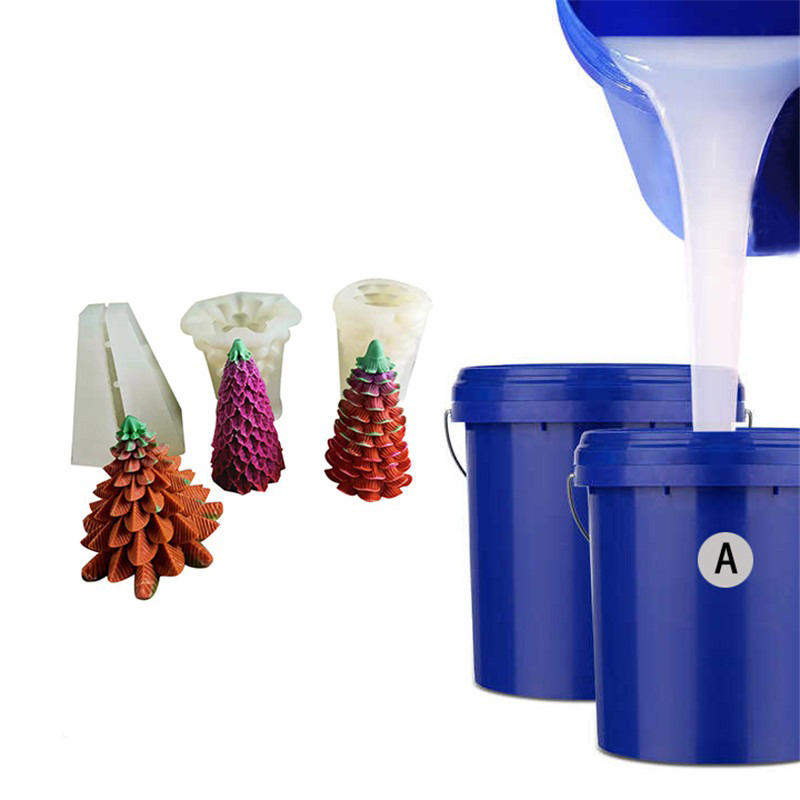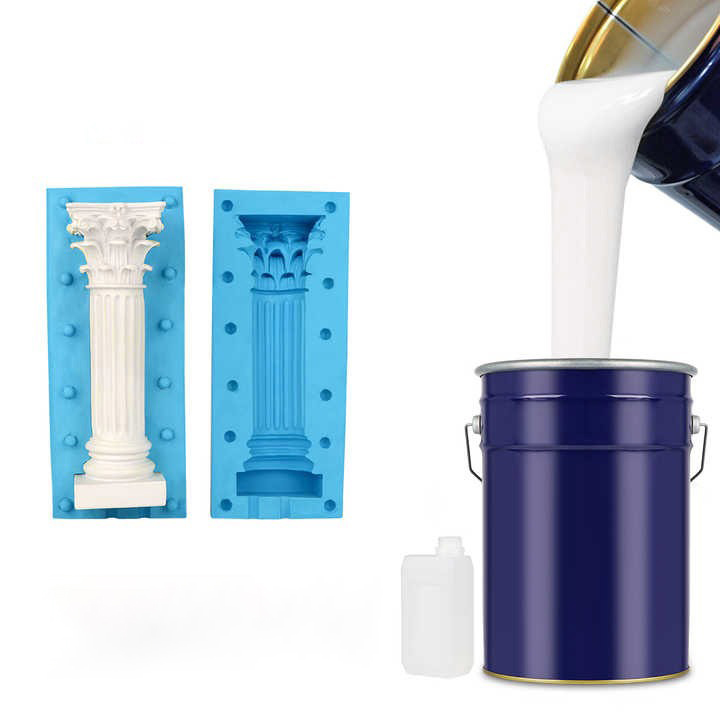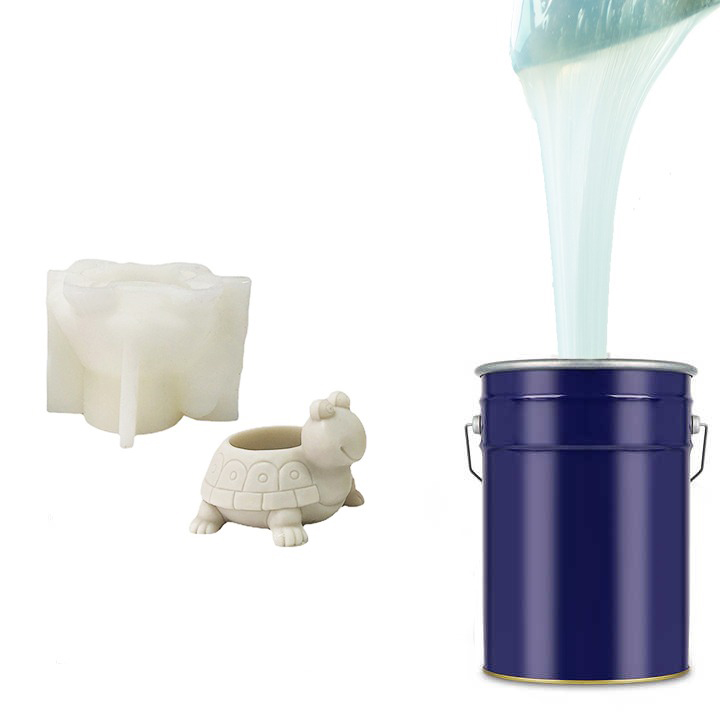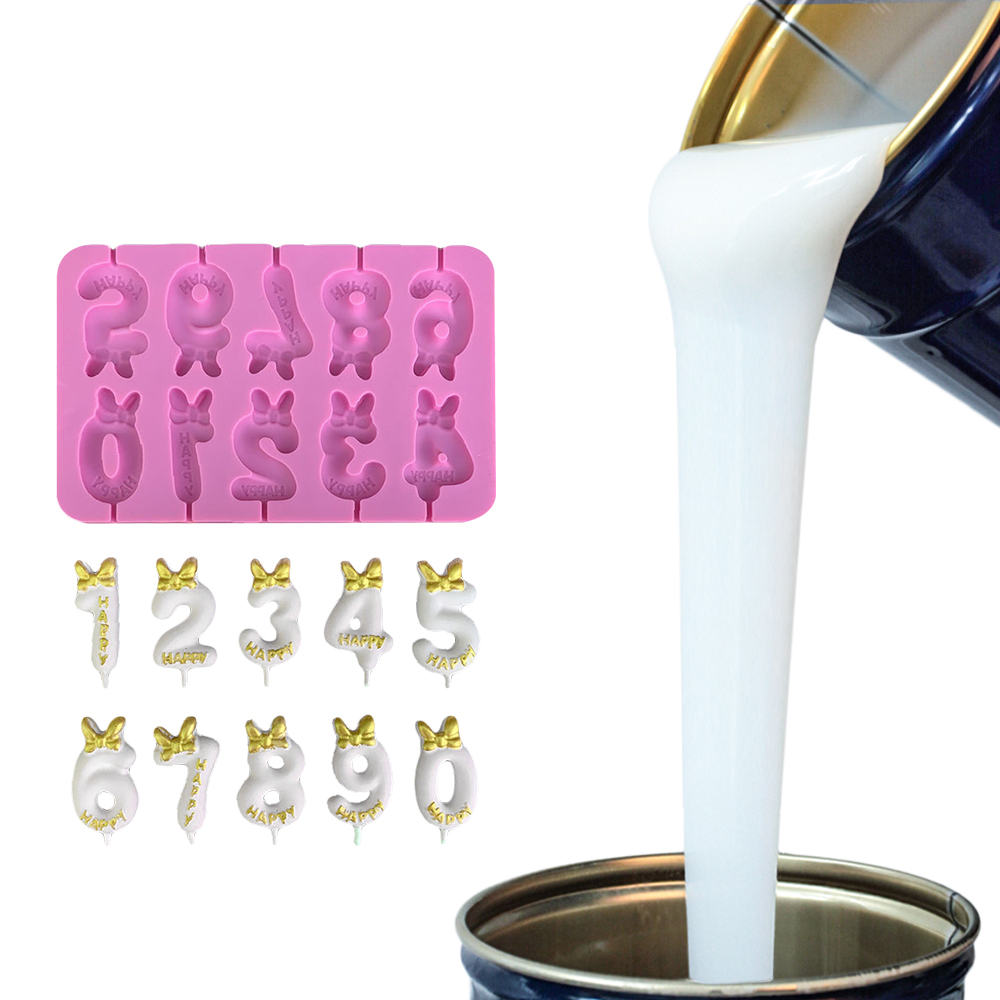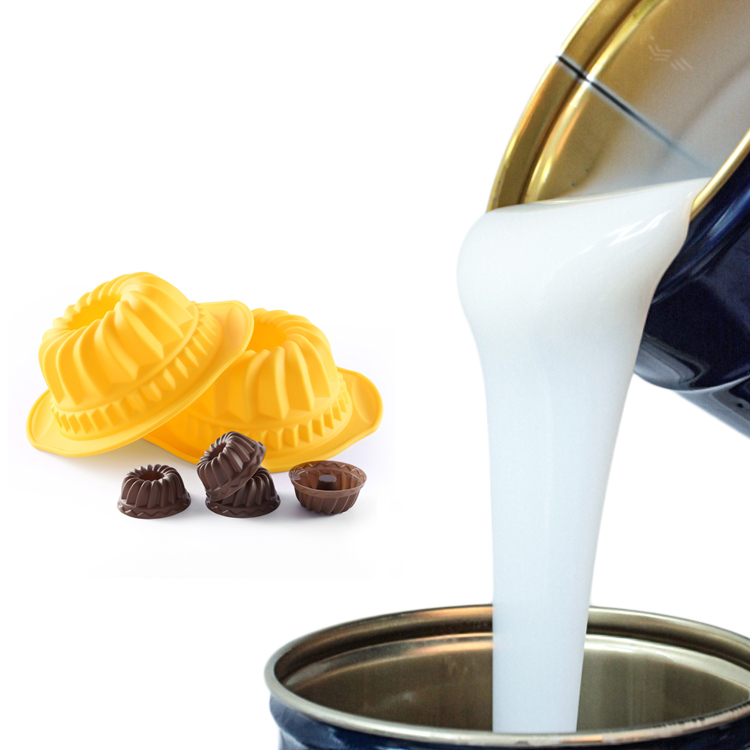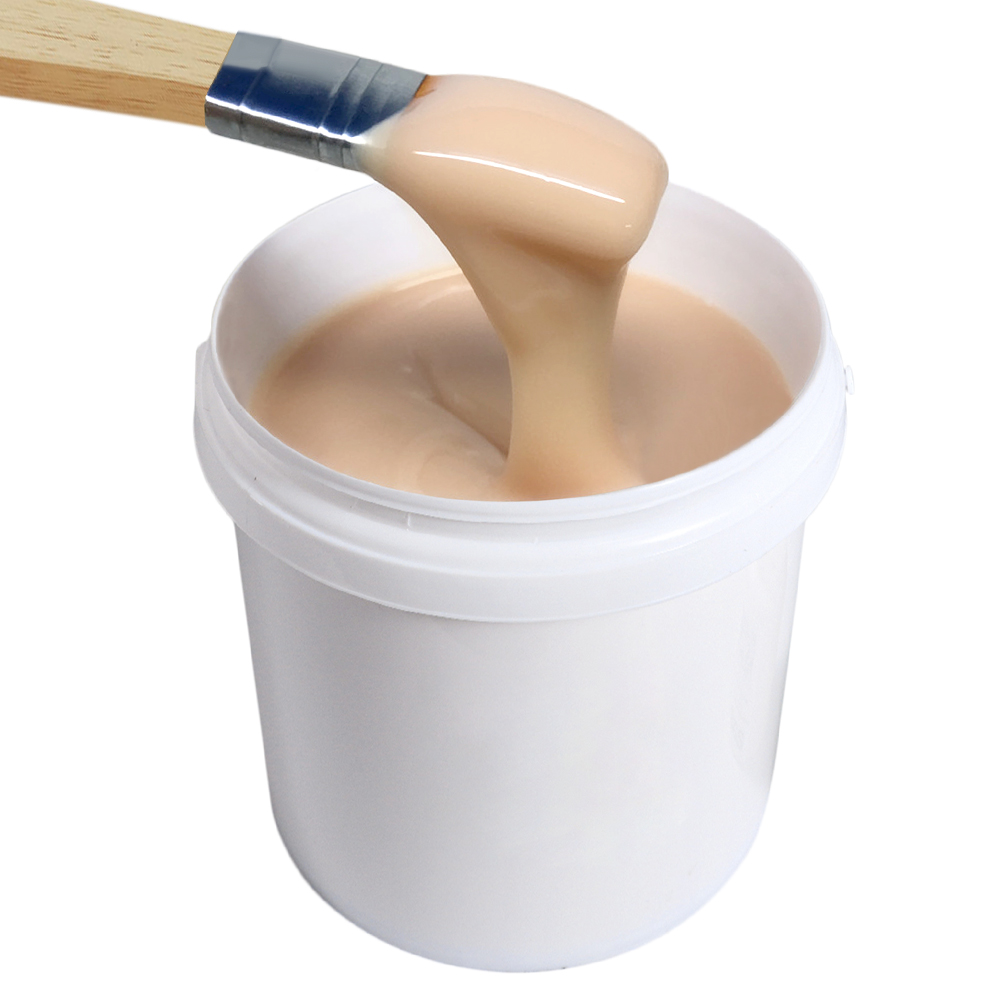What is polyurethane?
Polyurethane is a plastic that is abbreviated as PUR. This plastic belongs to the polymers and consists of two different segments: a hard segment and a soft segment. Because PU consists of both hard and soft segments the material is rubbery. Besides the two segments, PUR can also be divided into a resin (coating) and a foam.
The plastic exists in both 1- and 2-component versions. The two-components consist of component A, the base resin, and component B, the hardener. With polyurethane resins you use a specific hardener for a certain area of application. After adding this liquid hardener to the A component, a chemical process occurs. This process ensures the hardening of the resin. Depending on the type of hardener, this will influence the speed and the material properties. With PU's it is important to keep the right proportions. Depending on the type of segment, your material will remain hard or rubber elastic after curing. With the foam version, the material expands in volume according to its density.
Applications of polyurethane
Polyurethane resins can be used as coatings, primers, adhesives, lacquers, paints or casting resins. Such as transparent and UV-resistant polyurethane paint for metal or wood. Ideal for finishing parquet or cast floors. In addition, the material is also used as artificial leather and is applied in shoe soles.
The application possibilities of polyurethane resins are unlimited and spread across different sectors.
PU Cast floor
Polyurethane cast floors have been gaining popularity in the domestic market in recent years as a finish for living spaces, kitchens and bedrooms. Thanks to its self-leveling properties, this resin forms an extremely sleek and modern floor finish. Available in different colors to match the tone of your interior. Thanks to its elastic properties, you can also use it with underfloor heating and obtain an extremely durable and wear-resistant finish.
PUR paint Sealine
One of the most common applications of PU is as a varnish or coating. Thanks to the very good UV resistance, a 2K polyurethane paint has been used in industrial applications for years. Especially in the transport, maritime and construction sectors. The durability and high gloss make Sealine PUR an ideal finish for painting your boat.

